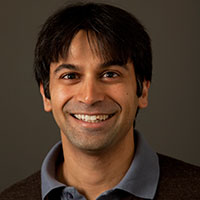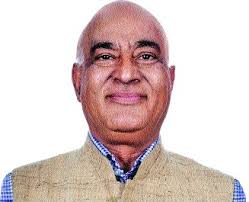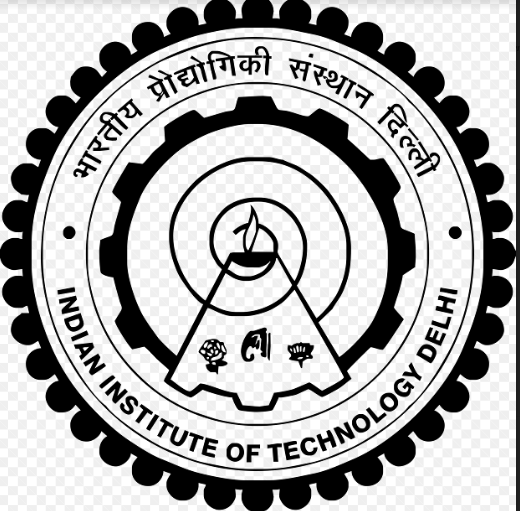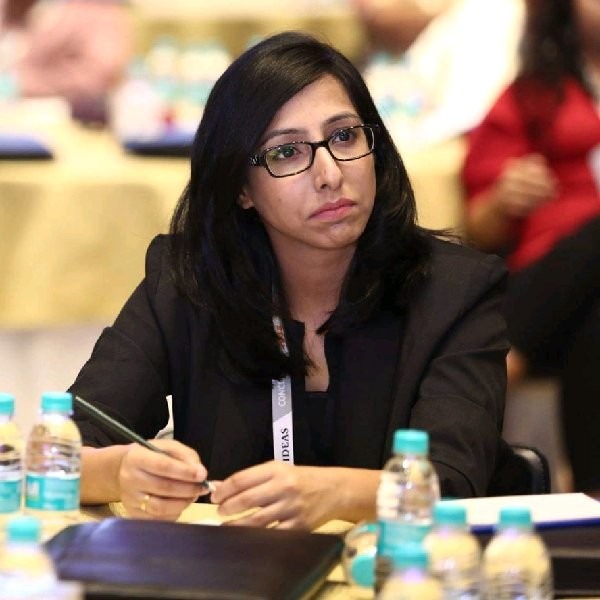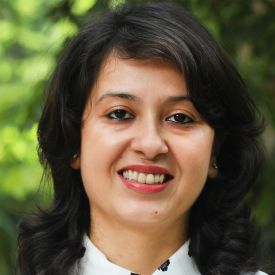Urban exclusion: Rethinking social protection in India in the wake of Covid-19
Economic insecurity caused by lockdowns during the early days of Covid-19 forced many households to rely on government welfare schemes to fulfil their consumption needs. Using data from the June 2020 ...
-
 Pallavi Choudhuri
Pallavi Choudhuri  Sonalde Desai
Sonalde Desai  Santanu Pramanik
Santanu Pramanik  13 June, 2022
13 June, 2022
- Articles
Fatal oblivion: India's National Family Benefit Scheme
The National Family Benefit Scheme (NFBS) – which provides financial assistance to families in the event of the death of a breadwinner – has been plagued by low budget allocations, restricted cove...
-
 Jasmin Naur Hafiz
Jasmin Naur Hafiz  03 January, 2022
03 January, 2022
- Perspectives
The implications of India’s spatial development
Mahatma Gandhi once said, “poverty is the worst form of violence”. In this piece, Ejaz Ghani highlights India’s poverty burden, its regional disparities and convergence thereof. He highlights ho...
-
 Ejaz Ghani
Ejaz Ghani  30 September, 2022
30 September, 2022
- Articles
MNREGA, 10 years on: Glass half-full or half-empty?
In this article, Kunal Sen, Professor of Development Economics and Policy at the University of Manchester, evaluates whether MNREGA has achieved its broader development objectives. He further analyses...
-
 Kunal Sen
Kunal Sen  18 March, 2016
18 March, 2016
- Perspectives
MNREGA: Technology vs. technocracy
In this article, Reetika Khera, Associate Professor of Economics at IIT Delhi, argues that for MNREGA to flourish in the future, technologies that empower workers should be encouraged, and the tenden...
-
 Reetika Khera
Reetika Khera  17 March, 2016
17 March, 2016
- Perspectives
Four key administrative reforms to strengthen MNREGA
In this article, Ashwini Kulkarni of NGO Pragati Abhiyan, discusses four key administrative reforms that can strengthen the implementation of MNREGA, and enable the programme to fulfill its objectives...
-
 Ashwini Kulkarni
Ashwini Kulkarni  17 March, 2016
17 March, 2016
- Perspectives
MNREGA: Vision and reality
In this article, Martin Ravallion, Professor of Economics at Georgetown University, contends that the main proximate reason for MNREGA’s disappointing performance is that many people in poor areas ...
-
 Martin Ravallion
Martin Ravallion  16 March, 2016
16 March, 2016
- Perspectives
MNREGA and its assets
Critics of MNREGA believe that the programme is a dole to dig a hole and hence, a huge waste of resources and that it would be better to simply provide cash. In this article, Sudha Narayanan, Associa...
-
 Sudha Narayanan
Sudha Narayanan  15 March, 2016
15 March, 2016
- Articles
How has MNREGA impacted the lives of women and children in India?
In this article, Subha Mani, Professor of Economics at Fordham University, summarises evidence that shows that MNREGA has mostly positively impacted the lives of women and children in India.
-
 Subha Mani
Subha Mani  15 March, 2016
15 March, 2016
- Articles
Introduction to e-Symposium: 10 years of MNREGA and the way forward
India’s Mahatma Gandhi National Rural Employment Guarantee Scheme – the largest public works programme in the world – completed a decade in February 2016. As a contribution to the discussions, ...
-
 Farzana Afridi
Farzana Afridi  14 March, 2016
14 March, 2016
- Symposium
MNREGA's impact on rural labour markets
In this article, Laura Zimmermann, Assistant Professor of Economics at the University of Georgia, provides an overview of the research on the impact of the initial phase of MNREGA on rural labour mark...
-
 Laura Zimmermann
Laura Zimmermann  14 March, 2016
14 March, 2016
- Articles
Access to information and the poor
The Telecom Regulatory Authority of India recently ruled against charging different subscribers different prices for data services. In this article, Martin Ravallion, Edmond D. Villani Chair of Econom...
-
 Martin Ravallion
Martin Ravallion  19 February, 2016
19 February, 2016
- Perspectives
Bringing global evidence into the MNREGA discourse
MNREGA – the largest public works programme in the world – completed 10 years this month. In this article, Inayat Anaita Sabhikhi, Project Officer, United Nations Development Programme, at the Min...
-
 Inayat Sabhikhi
Inayat Sabhikhi  12 February, 2016
12 February, 2016
- Articles
From the top to the bottom of MNREGA
MNREGA – the world’s largest public works programme - is intended to be demand-driven and has local implementation at its core. In this note, Megan Sheahan, Research Support Specialist at Cornell...
-
 Megan Sheahan
Megan Sheahan  08 January, 2016
08 January, 2016
- Notes from the Field
Against the tide: Deaton's economics
In a tribute to Angus Deaton, recipient of the 2015 Nobel Prize in Economics, Reetika Khera, who did her post-doctorate research at Princeton University under Deaton, outlines his India-specific cont...
-
 Reetika Khera
Reetika Khera  17 December, 2015
17 December, 2015
- Perspectives
Twitter feed
Tweets by Ideas4IndiaMost Popular Poverty & Inequality Posts
Wealth inequality, class, and caste in India: 1961-2012
The level of wealth inequality in India is close to that of some highly unequal countries in the world. This article assesses the long-term evolution of wealth inequality in the country for the period...
 Nitin Kumar Bharti
Nitin Kumar Bharti  28 June, 2019
28 June, 2019
- Articles
Covid-19: What can be done immediately to help vulnerable population
With over 80% of India’s workforce employed in the informal sector and one-third working as casual labour, Covid-19's spread and subsequent unplanned lockdowns, have created economic havoc in the li...
 Reetika Khera
Reetika Khera  25 March, 2020
25 March, 2020
- Perspectives
EWS reservation in higher education: Affirmative action or vote bank politics?
The Constitution (103rd Amendment) Act, 2019, provides for 10% reservation for the economically weaker sections (EWS) in higher educational institutions within the general category. In this post, Devi...
 Devika Malhotra Sharma
Devika Malhotra Sharma  11 September, 2019
11 September, 2019
- Perspectives





 10 October, 2022
10 October, 2022